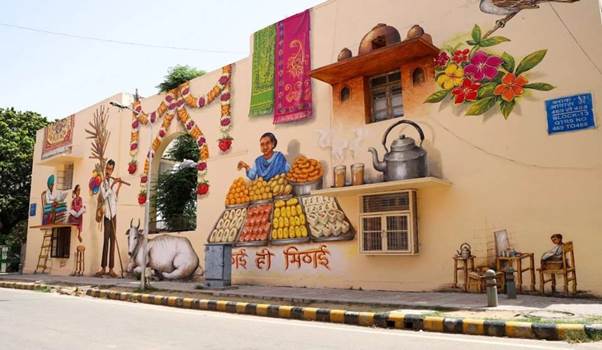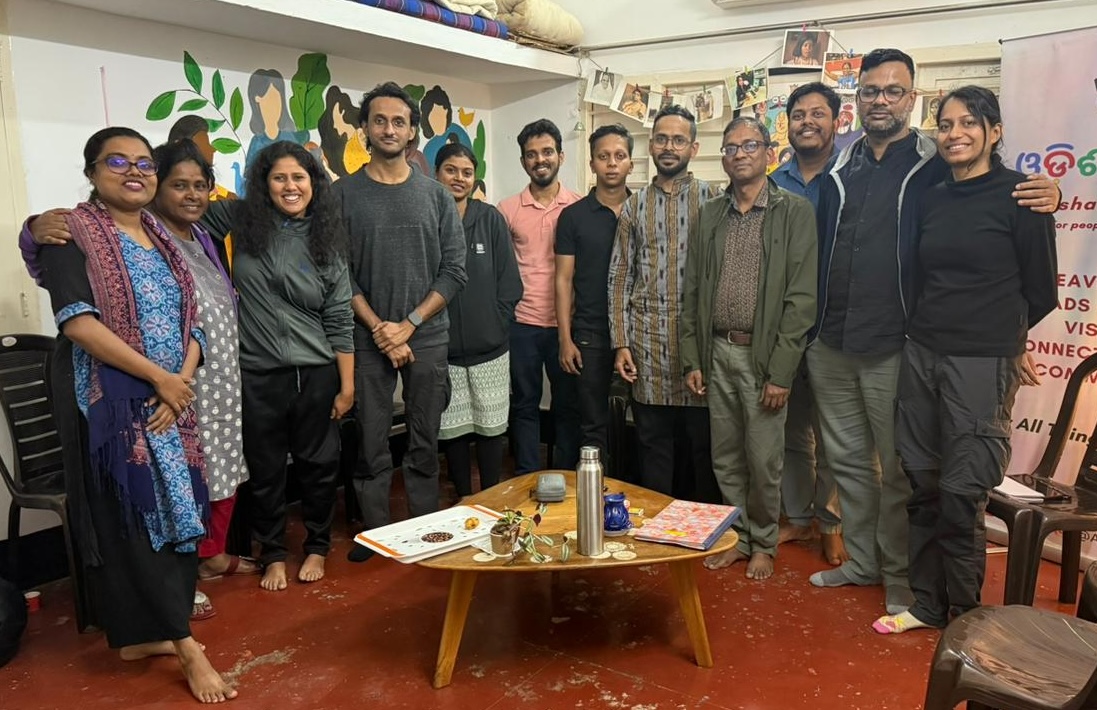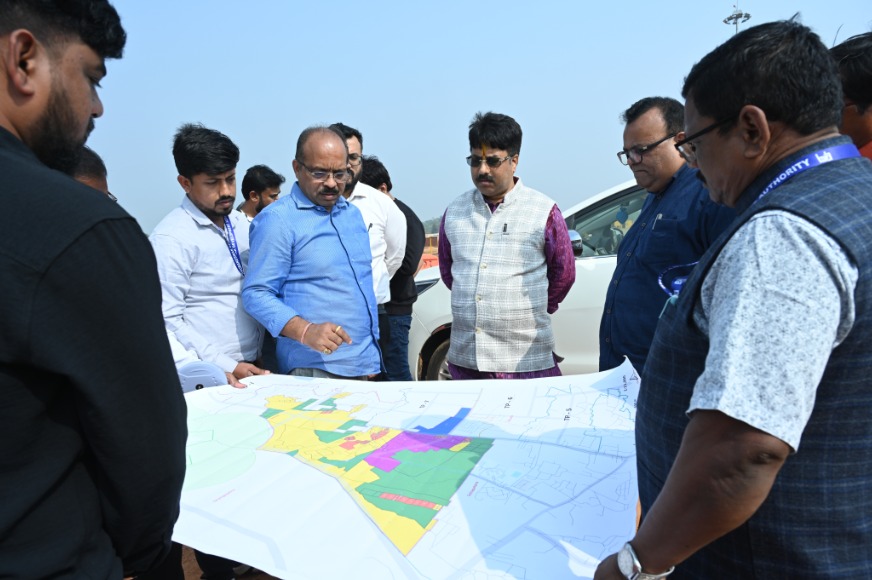New Delhi: The National Capital has secured the 7th position among the cleanest cities in India with a population exceeding one lakh, owing to its innovative waste management practices and technological integration. The New Delhi Municipal Council (NDMC) has been at the forefront, implementing strategic measures to optimize waste management and promote sustainability.
One of the key initiatives is the establishment of six community Organic Waste Converters in residential areas. Through door-to-door initiatives, organic waste is collected and composted at these facilities, involving over 1,500 households in home composting. The NDMC has also provided comprehensive guidelines to Bulk Waste Generators (BWGs) practicing on-site waste processing of wet waste, promoting a greener and more environmentally conscious community.
The NDMC has significantly enhanced the resolution of Service Level Agreement (SLA) issues, with an impressive 3,022 out of 3,270 registered complaints successfully resolved within the SLA timeline. The implementation of daily door-to-door collection has eliminated traditional dumping sites (Dhalaos), transformed into efficient Roll Call centers for SafaiKarmis, aided by 36 GPS-enabled vehicles for Municipal Solid Waste (MSW) collection.
In terms of monitoring and transparency, the Integrated Command and Control Centre plays a crucial role in live monitoring of auto tippers, providing auto tipper routes and timings via the NDMC 311 App and website. The city ensures no waste goes to landfill sites, utilizing the Waste-to-Energy (WTE) Plant in Okhla, handling 200 tons per day of dry waste without resorting to landfills. Additionally, 6 new Decentralized Material Recovery Facilities (MRFs) are in progress for zero waste in colonies.
The NDMC actively manages liquid waste with 35 Sewage Treatment Plants (STPs) processing 100% sewage, reusing water for horticulture purposes and in fountains. All horticulture waste is composted through 120 Horticulture Compost Pits, and C&D waste is sent to Shastri Park for 100% processing, producing various grades of concrete.
Effective management strategies against single-use plastic include processing plastic waste through 3 Material Recovery Facilities (MRF) and 17 permanent Resource Recovery and Recycling (RRR) centers. Initiatives like ‘Vikalp’ stores promote cloth bags, and ‘Wall of Kindness’ or ‘Neki ki Deewar’ functions as a donation box.
The NDMC focuses on improving public facilities, ensuring they are Functional, Accessible, Clean, Eco-Friendly, and Safe (FACES). The Waste to Wonder Park at Kautilya Marg in Chanakyapuri showcases sculptures made from scrap metal. Public spaces have been transformed with vibrant wall arts, fountains, sculptures, and murals.
Looking ahead, the NDMC plans to identify and remove Red Spots, strengthen RRR, enhance holy waste and e-waste management, install a Briquetting Plant for Green Waste Management, set up more micro MRF centers, and prioritize effective plastic waste management and SafaiMitras’ safety. The city’s commitment to integrating waste management with a circular economy further solidifies its position as a leader in sustainable urban living.





